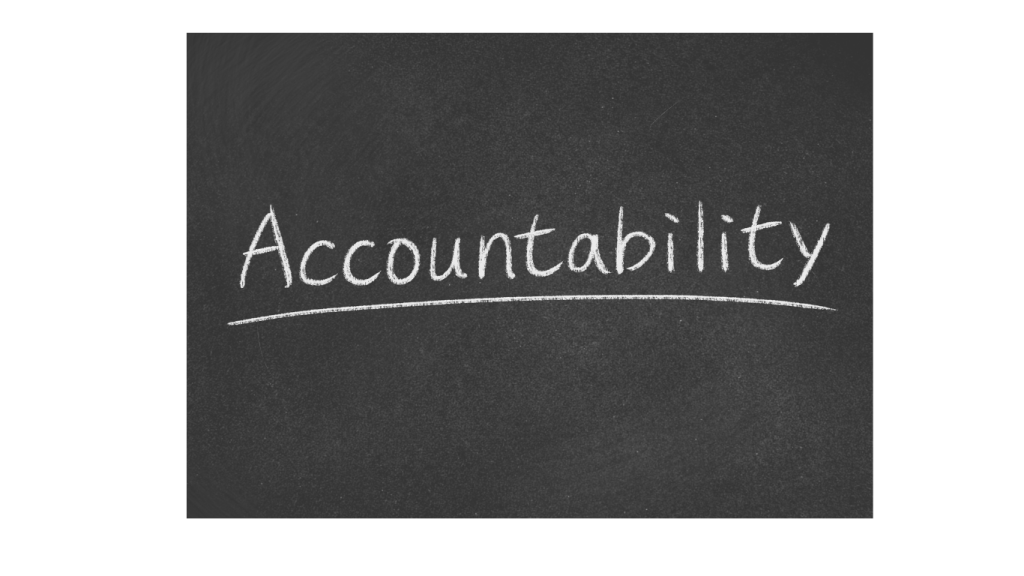How Leaders increase staff accountability

Accountability involves being reliable, meeting deadlines, following through on commitments, and taking ownership of mistakes. This requires employees to be proactive in their work, take initiative to solve problems, and work collaboratively with their team members.
Employee accountability is crucial for the success of any organization. When employees take ownership of their responsibilities and hold themselves accountable for their actions, it results in increased productivity, improved performance, and a more positive work culture.
As the Leader, it is up to you to create the environment where accountability is valued and encouraged consistently.
Here are some strategies to help increase employee accountability:
Set clear expectations: It is essential to clearly communicate expectations and goals to your team members. Make sure they understand what is expected of them, including deadlines, performance standards, and any consequences for not meeting expectations.
Leader’s self-reflection:
- Are the expectations realistic?
- Am I communicating my expectations clearly and consistently for my team members?
- Am I confirming that the expectations are understood?
Provide support and resources: Ensure that your team members have the necessary encouragement, resources, training, and support to successfully fulfill their responsibilities. Give opportunity to answer questions, provide guidance, and offer assistance when needed.
Leader’s self-reflection:
- Am I providing my team with the support they need to succeed?
- Am I encouraging and empowering each individual to succeed?
- Am I confirming that the staff has the competencies and capacity to follow-through?
Establish regular check-ins: Commit to individual regular check-ins with your team members to review progress, address any challenges, and provide feedback. This empowers your staff to keep you informed and allows for open communication about any issues that may arise.
Leader’s self-reflection:
- Am I doing individual meetings my staff to provide encouragement, feedback and support?
- Am I doing team meetings to be sure everyone is up to date and on track?
Lead by example: Demonstrate accountability yourself by following through on your own responsibilities and holding yourself to the same standards you expect from your team. Leading by example will inspire your team members to do the same.
Leader’s self-reflection:
- How is my follow-through on items I say I will do?
- Am I modeling accountability in my own actions and behavior to my staff?
- Where can I get better at following through?
Recognize and reward accountability: Acknowledge and reward team members who consistently demonstrate accountability. This can be done through promotions, bonuses, or other forms of recognition. By celebrating accountability, you reinforce its importance within your organization.
Leadership reflection question:
- Am I recognizing and rewarding accountability in my team members?
Increasing employee accountability requires effort and commitment from both leaders and team members. By setting clear expectations, providing support, establishing regular check-ins, leading by example, and recognizing accountability, you foster a culture of accountability within your organization that leads to greater success and growth.
Leaders that take the time to reflect on your own actions and behaviors are better equipped to build a culture of accountability within your team.
Want to further enhance your leadership and work environment?
Discover our range of services tailored to unlock your leadership and your organization’s full potential. Dive deeper with UYES and let’s cultivate positivity, purpose, and progress together. Click here to explore how UYES can transform your workplace experience.


